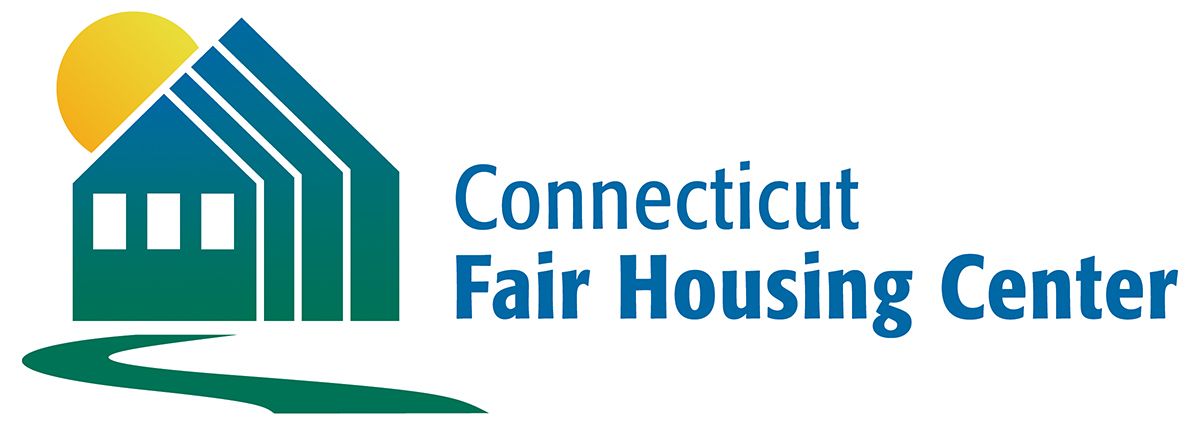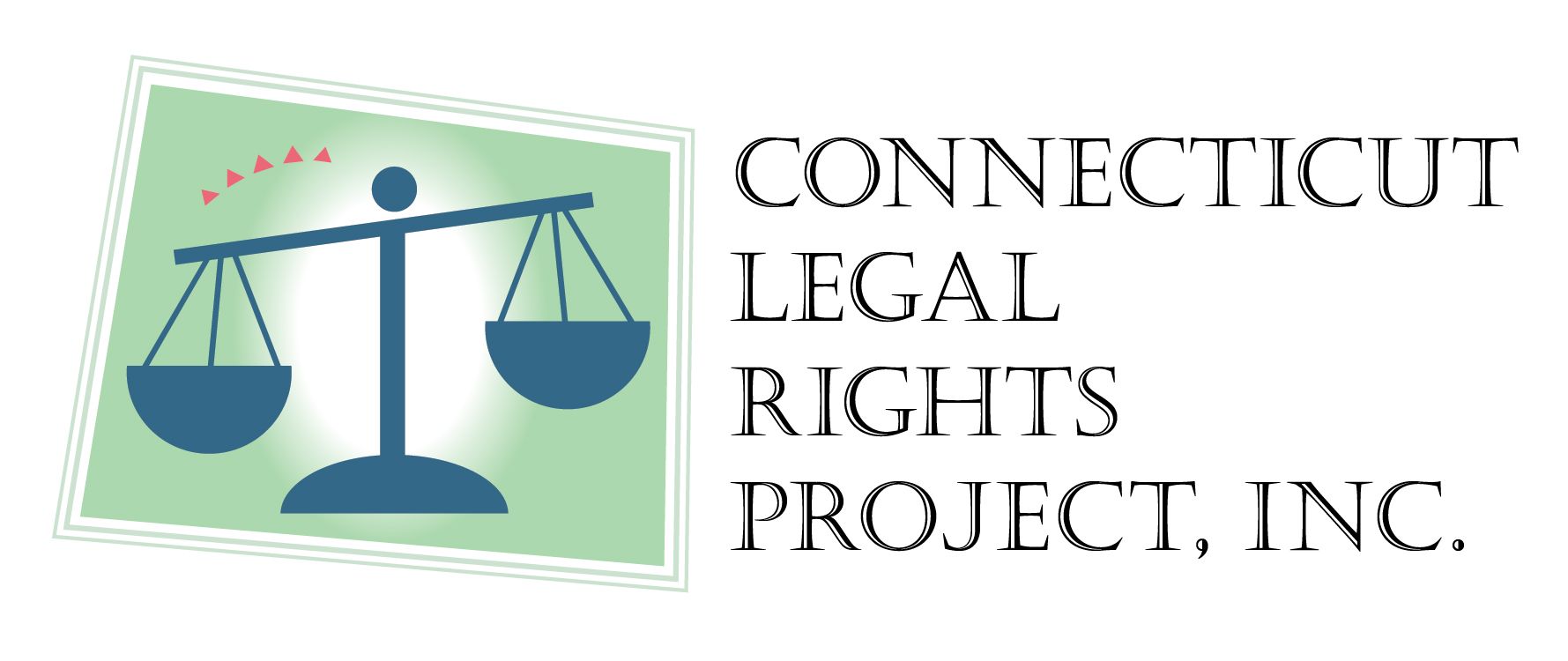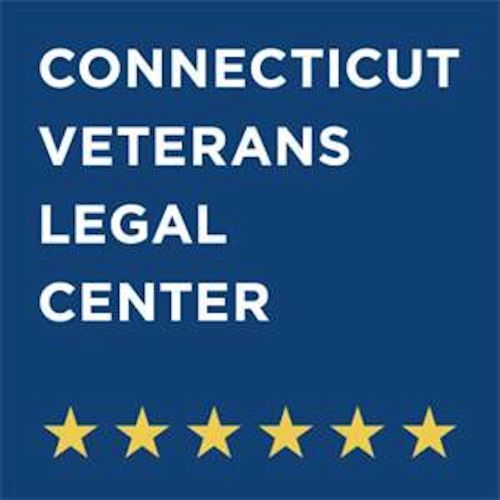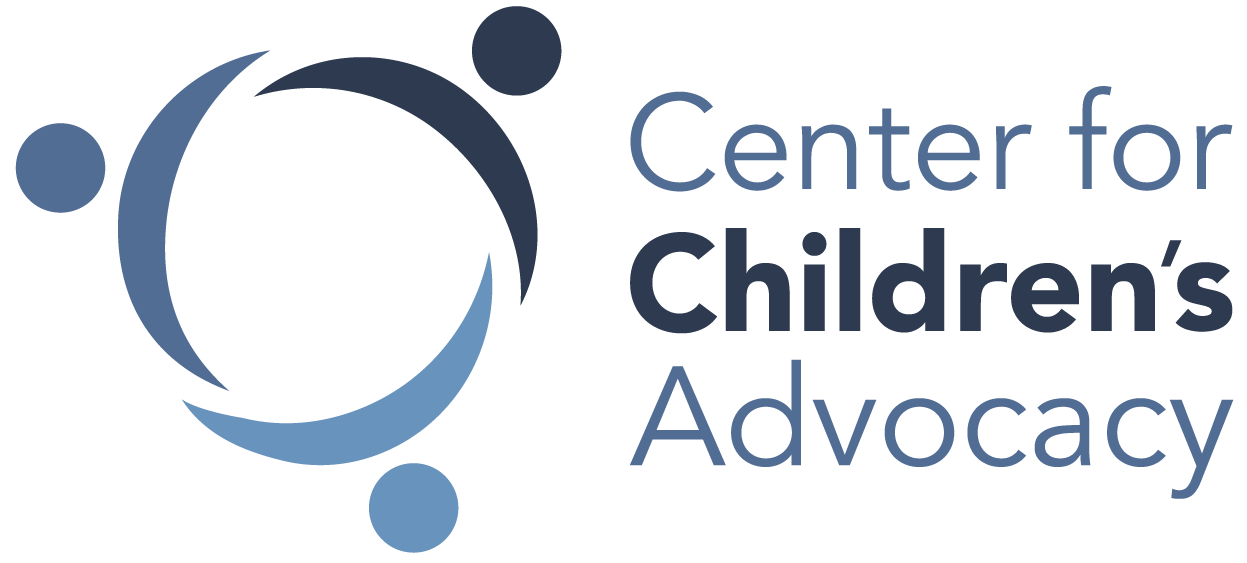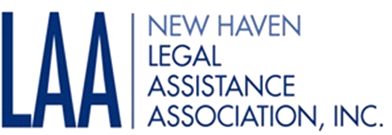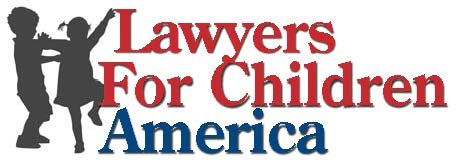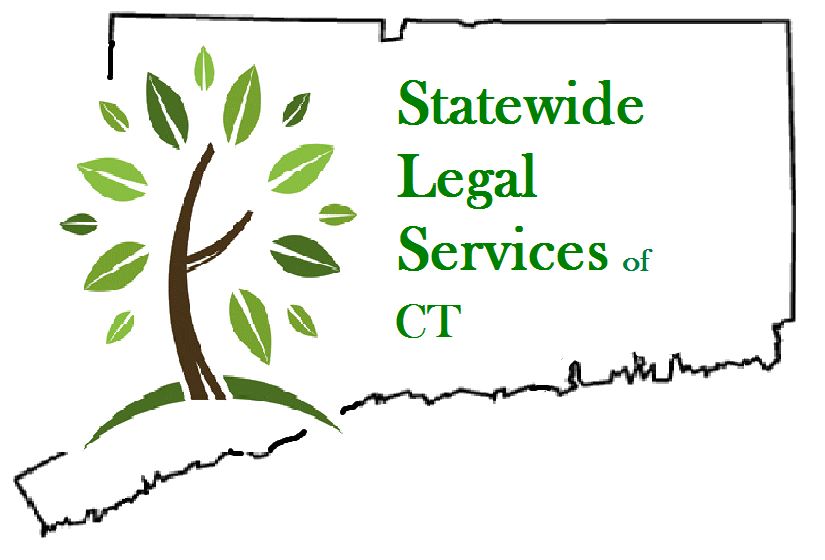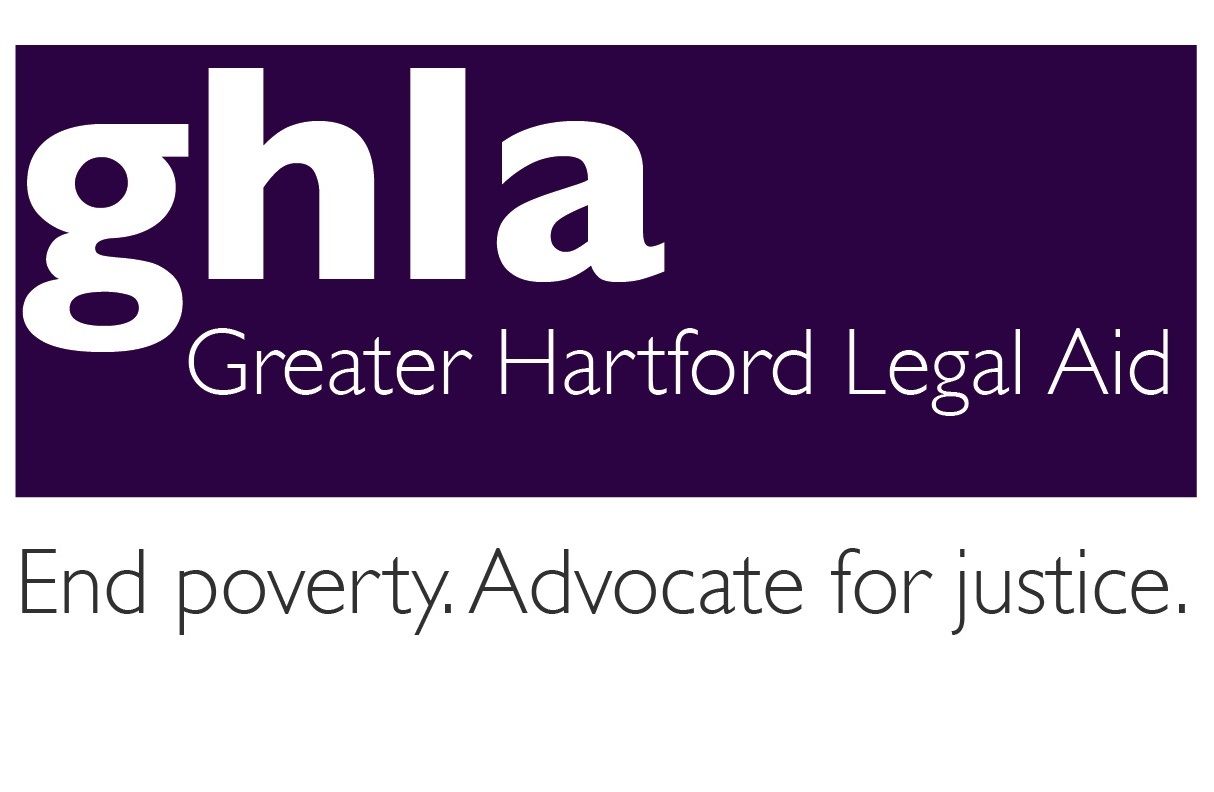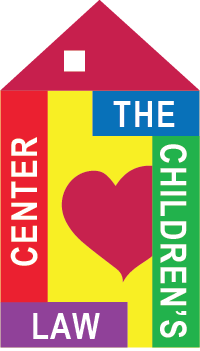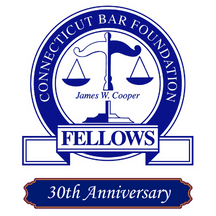
Fellows Spotlight
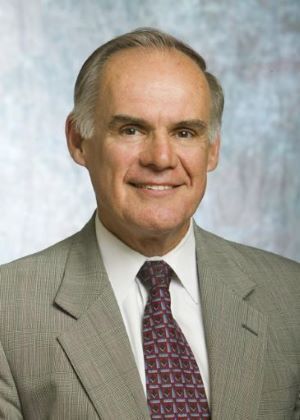
Attorney Francis J. Brady
- Why did you choose the legal profession as a career?
First of all, I went to school as an engineer and was an engineer for a few years. It was not as rewarding as I thought it would be, so I went to law school instead. It was a pretty easy switch to go from engineering to law because engineering requires such demanding education. Law school was a piece of cake compared to engineering. I’m retired now, but I enjoyed and was very satisfied with the legal profession. I went to George Washington University and then Harvard Law School, then ended up in Hartford to pursue my career in law.
- What do you enjoy most about being an attorney?
I liked the challenges that came with my legal profession. I was a corporate litigator, which is different from the average litigator. We would build and solve big cases that would last for years, sort of like in engineering which consisted of putting together different pieces. There were very competent lawyers on the other side where we would usually maintain a respectful manner among adversaries, especially in Connecticut. There’s a lot of intellectual combat at the highest level which I enjoyed very much. There were some successes, some defeats like playing a ballgame. Law is about doing the best you can and hoping your side prevails.
- What is the biggest challenge you have faced in the legal profession?
I was mayor of my town for three years and it was always challenging to determine who to endorse the governorship to. Speaking in court always comes with its own difficulties as well.
- What do you like most about Connecticut?
Connecticut is a lovely little state. Due to its smaller size, you can really make a difference in your community which is very rewarding. Even though you can have the benefit of a big sophisticated practice, yet at night you can go to a town meeting and be on the town council and make a real contribution. People look up to you, which is an opportunity most professions don’t have. If you go to NYC and work at a big firm, you can become successful and make a lot of money but it’s not always the most rewarding because you often get lost in the cause of a big city. In a smaller and more personable city like New Haven or Hartford, you have the opportunity to make a dent in your community.
- Please share any community service you have participated in and are most proud of.
I was mayor of my town for three years. You don’t get paid, so it’s a volunteer job. I had a lot of responsibility and authority and it felt rewarding to be able to affect my community for the good. Moreover, every town in Connecticut has a charter and every ten years you have to revise the charter, which is like the constitution. I’ve revised the charter with other people about five times, equivalent to serving this position for about fifty years. As president of the CBA, I worked with the Fellows to put on programs about rules of law. I also worked with veterans in Connecticut by serving on the Veterans and Military Affairs committee while serving as president of the CBA.
- Why is the Fellows Program special to you?
The Fellows program is a very close-knit community. I was president of the CBA at one point, so we often worked closely together with the Fellows. The Fellows put on many intellectual programs, while the CBA put on Connecticut legal education aid programs. The Fellows have a great staff of volunteers, doing a fantastic job with recruiting speakers. I believe that the Fellows Program has done something very worthwhile, serving as an avenue for attorneys and judges in Connecticut to take a break from their profession and do something more intellectually-oriented. What’s so great about the Fellows is that it is a program you can really only do effectively in a small state such as Connecticut.
- Please share any favorite Fellows-related memory (an event, a fellow Fellow, etc.), or tell us about your favorite Fellows program/event/committee that you attended or worked on.
I haven’t been very active with the Fellows, although a great organization, because it requires the allocation of a lot of time. Nonetheless, I have fond memories of serving on a committee with Barry Aramata, now a judge. I also played an important role with programs that worked with both the CBA and the Fellows, namely Rule of Law which I mentioned before.
- Do you have any thoughts about, or ideas or visions for, the future of the Fellows program?
My vision for the Fellows Program is that they continue what they’re already doing and continue to develop programs. The Fellows is a vibrant community, and I hope they continue to recruit leaders who are interested.

